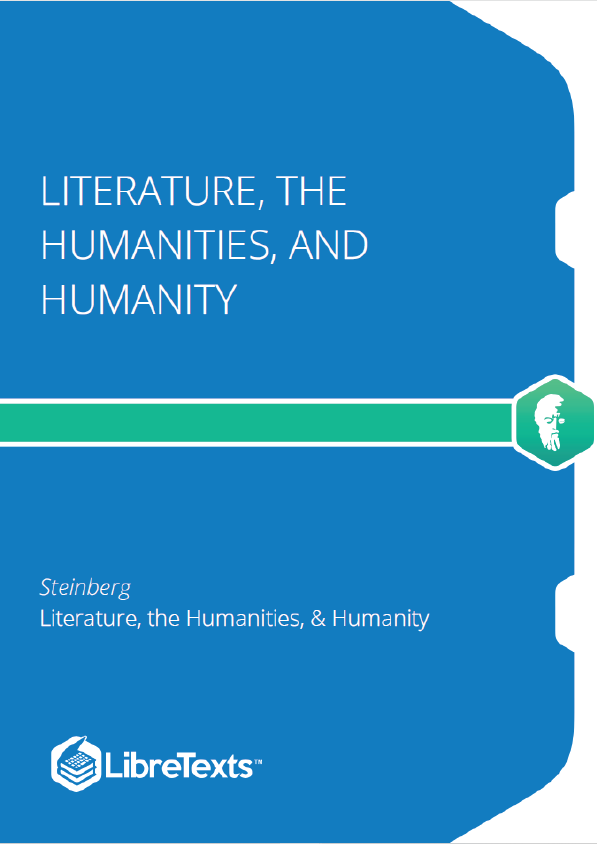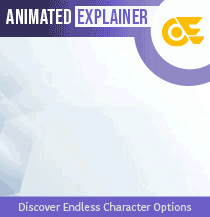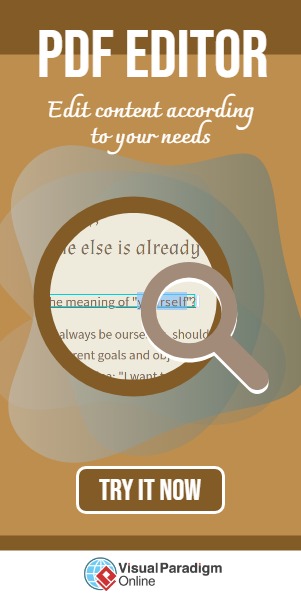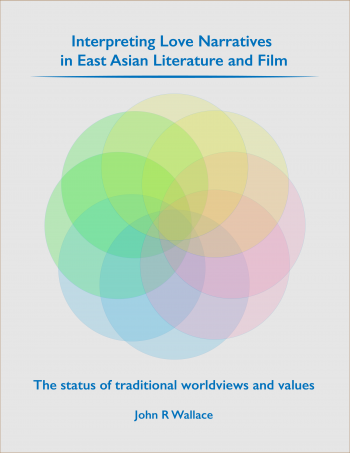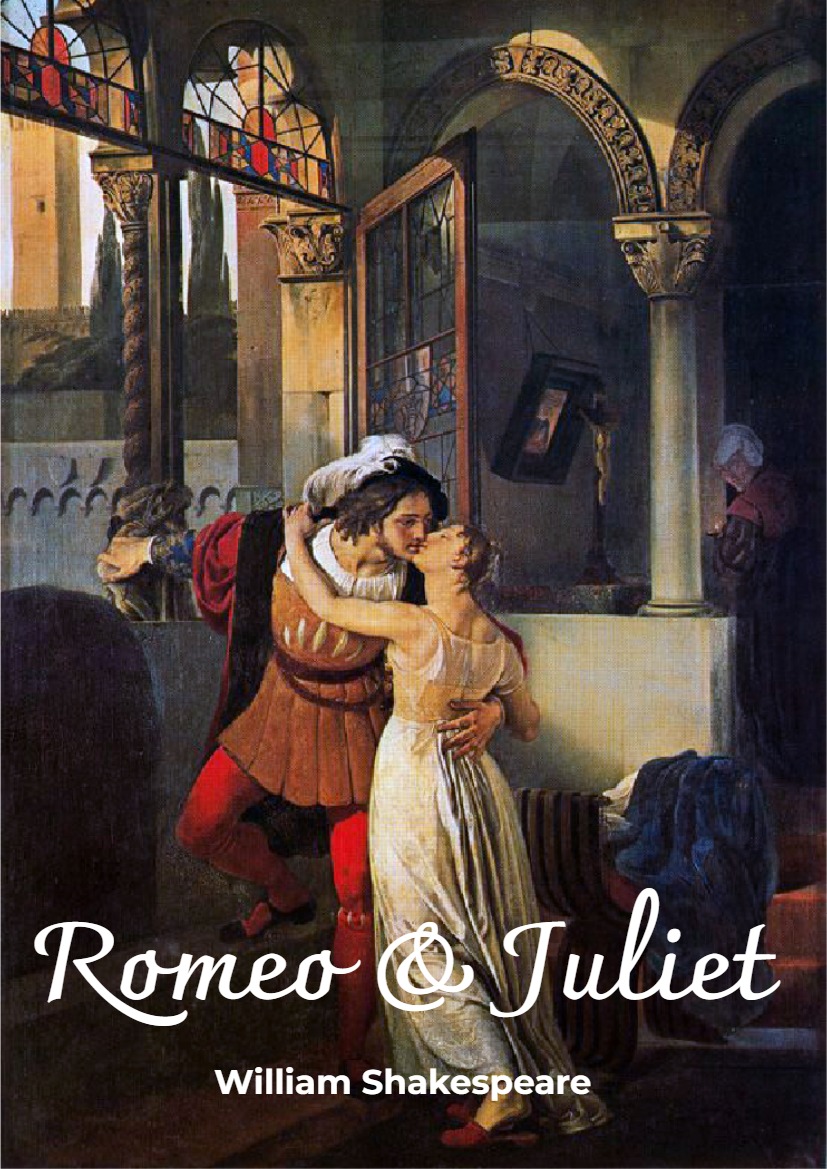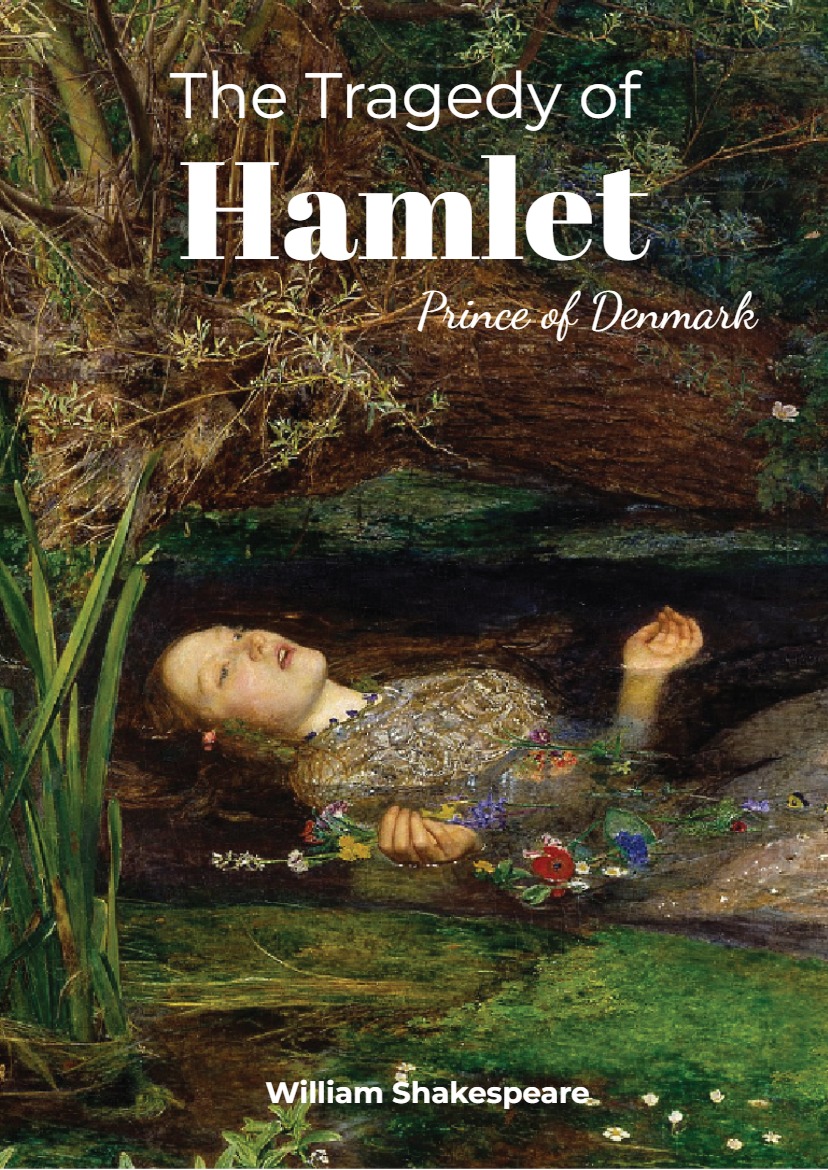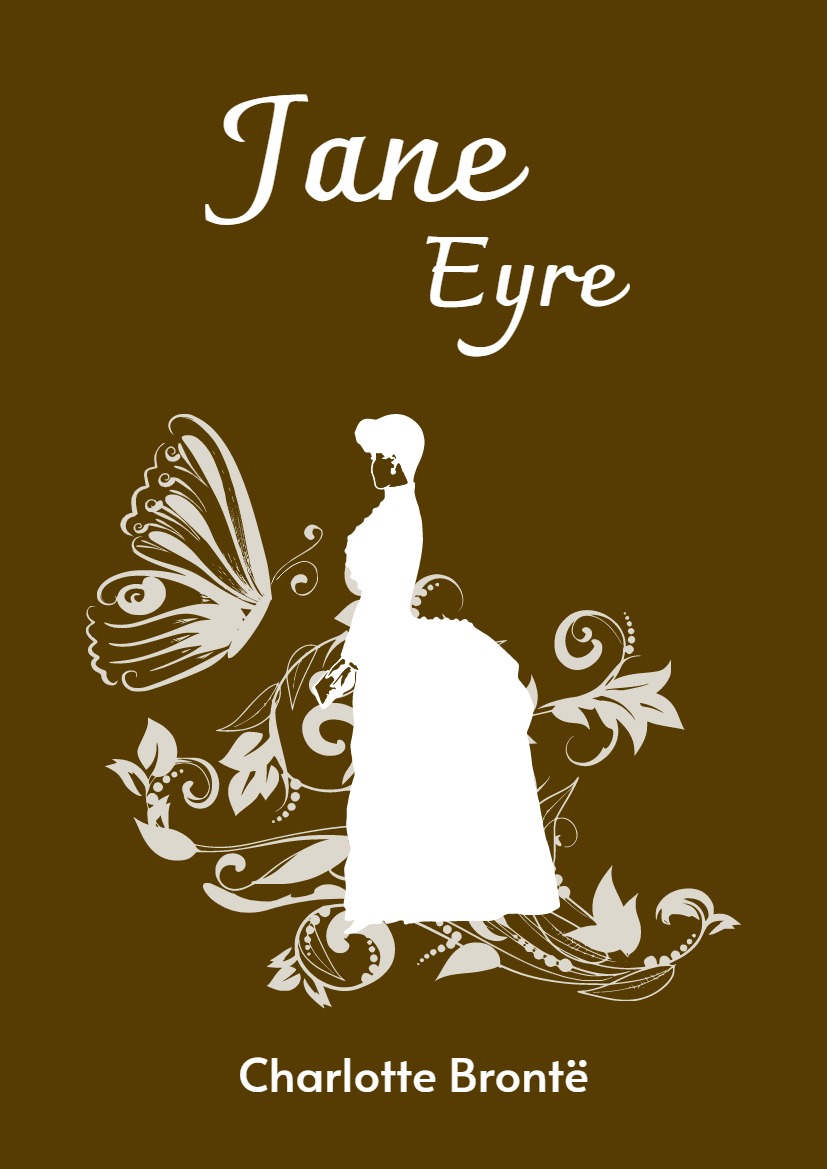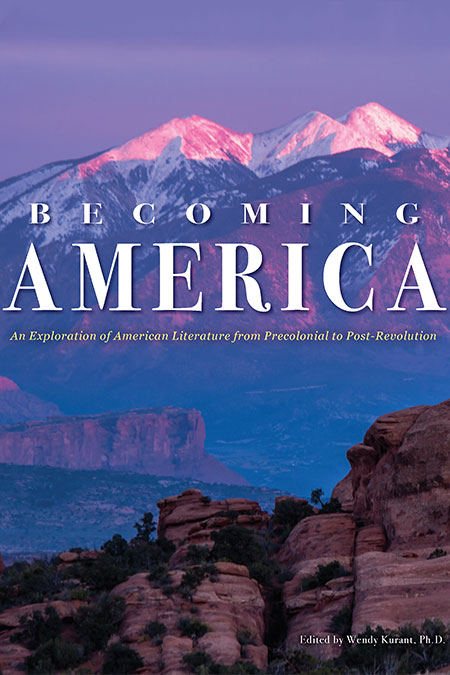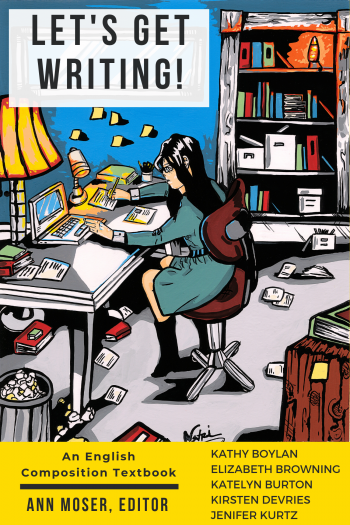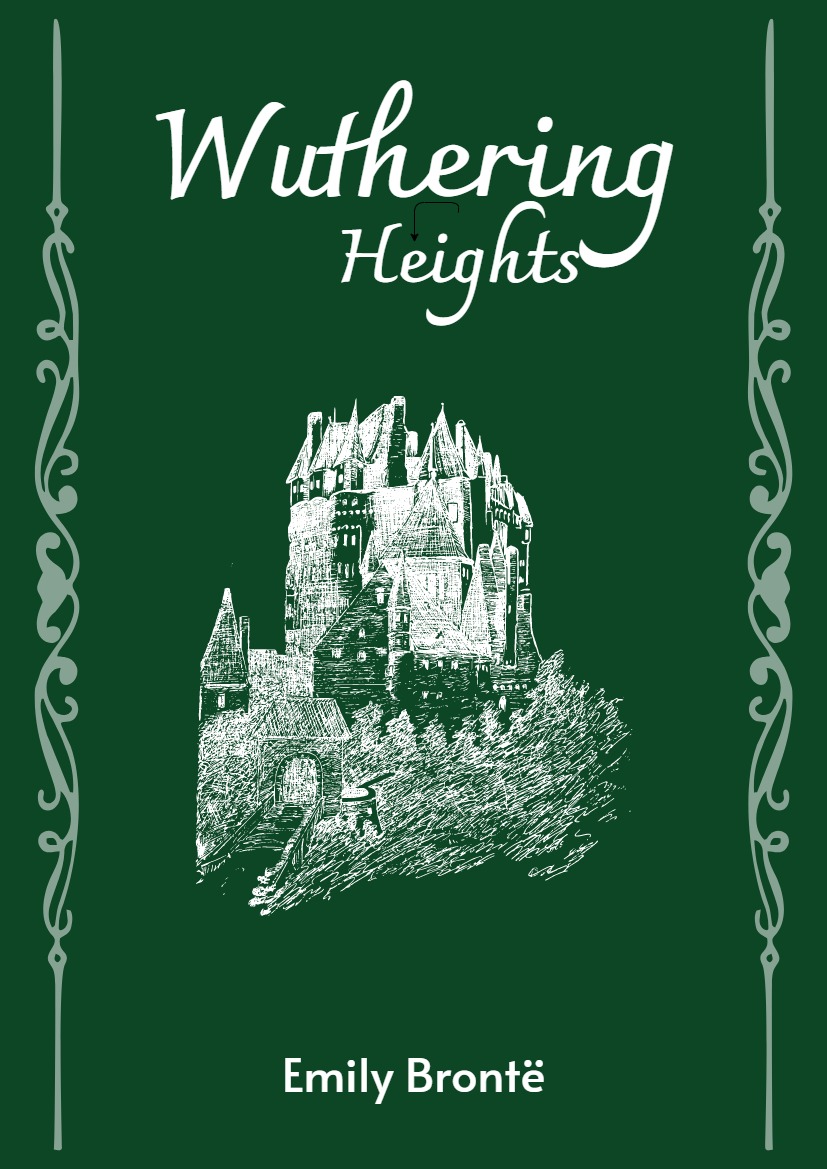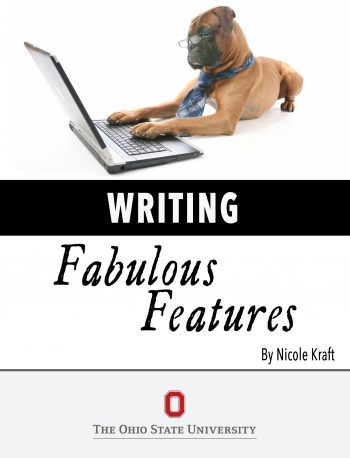Literature, the Humanities, and Humanity attempts to make the study of literature more than simply another school subject that students have to take. At a time when all subjects seem to be valued only for their testability, this book tries to show the value of reading and studying literature, even earlier literature. It shows students, some of whom will themselves become teachers, that literature actually has something to say to them. Furthermore, it shows that literature is meant to be enjoyed, that, as the Roman poet Horace (and his Renaissance disciple Sir Philip Sidney) said, the functions of literature are to teach and to delight. The book will also be useful to teachers who want to convey their passion for literature to their students. After an introductory chapter that offers advice on how to read (and teach) literature, the book consists of a series of chapters that examine individual literary works ranging from The Iliad to Charles Dickens’ Bleak House. These chapters can not substitute for reading the actual works. Rather they are intended to help students read those works. They are attempts to demystify the act of reading and to show that these works, whether they are nearly three thousand or less than two hundred years old, still have important things to say to contemporary readers.
There are many reasons that a book like this has become necessary, but all of those reasons can be reduced to this point: we as a society seem to have forgotten that reading classic literature is supposed to be both enjoyable and beneficial. The Roman poet Horace made this point some two thousand years ago and the English Renaissance poet Sir Philip Sidney expanded on it some four hundred years ago. Sidney’s point was that the enjoyment of reading literature encouraged people to continue reading and therefore made them more likely to profit from the instruction that was contained in the literature. This formulation sounds a lot like “a spoonful of sugar makes the medicine go down,” and anyone who has ever tried to give a child medicine hidden in some favorite treat knows that the process never works quite so simply. But Sidney does have a point. Classic literature is enjoyable to read, and it does have a great deal to teach us about what it means to be human and to live in this world. Literature teaches and it delights, and these functions are related.
Unfortunately, we have forgotten that literature is enjoyable and I fear that too often we distort it when we teach it. Thus the state of New York pays me a comfortable salary to be a professor of literature, but I wonder whether either the legislators or the taxpayers really understand why. I hope that this little book will help to explain why, at least in part by showing how literature delights and how it instructs. I hope, too, that it will inspire other teachers to emphasize the value and delight of reading literature without watering it down, without cheapening it.
